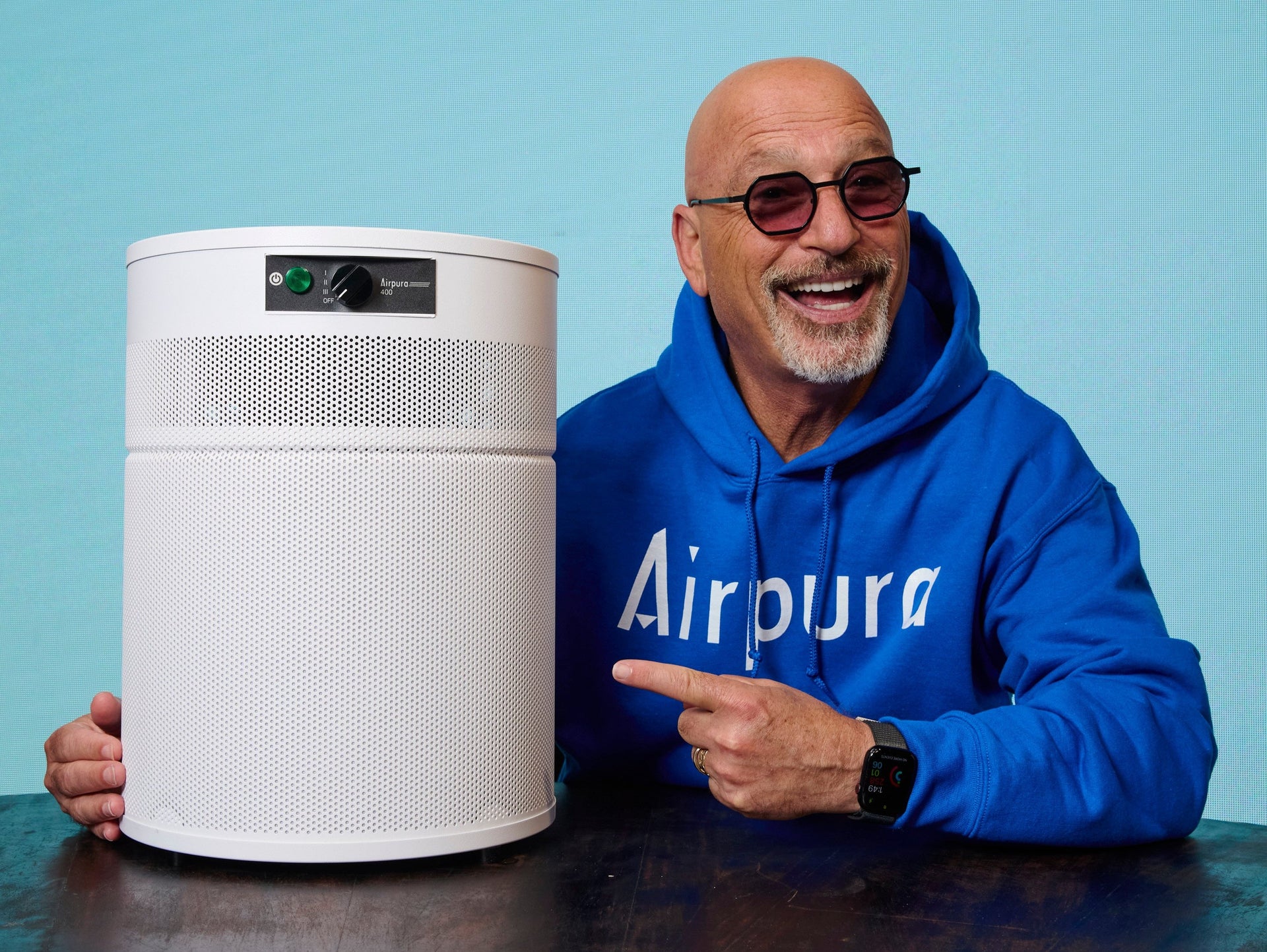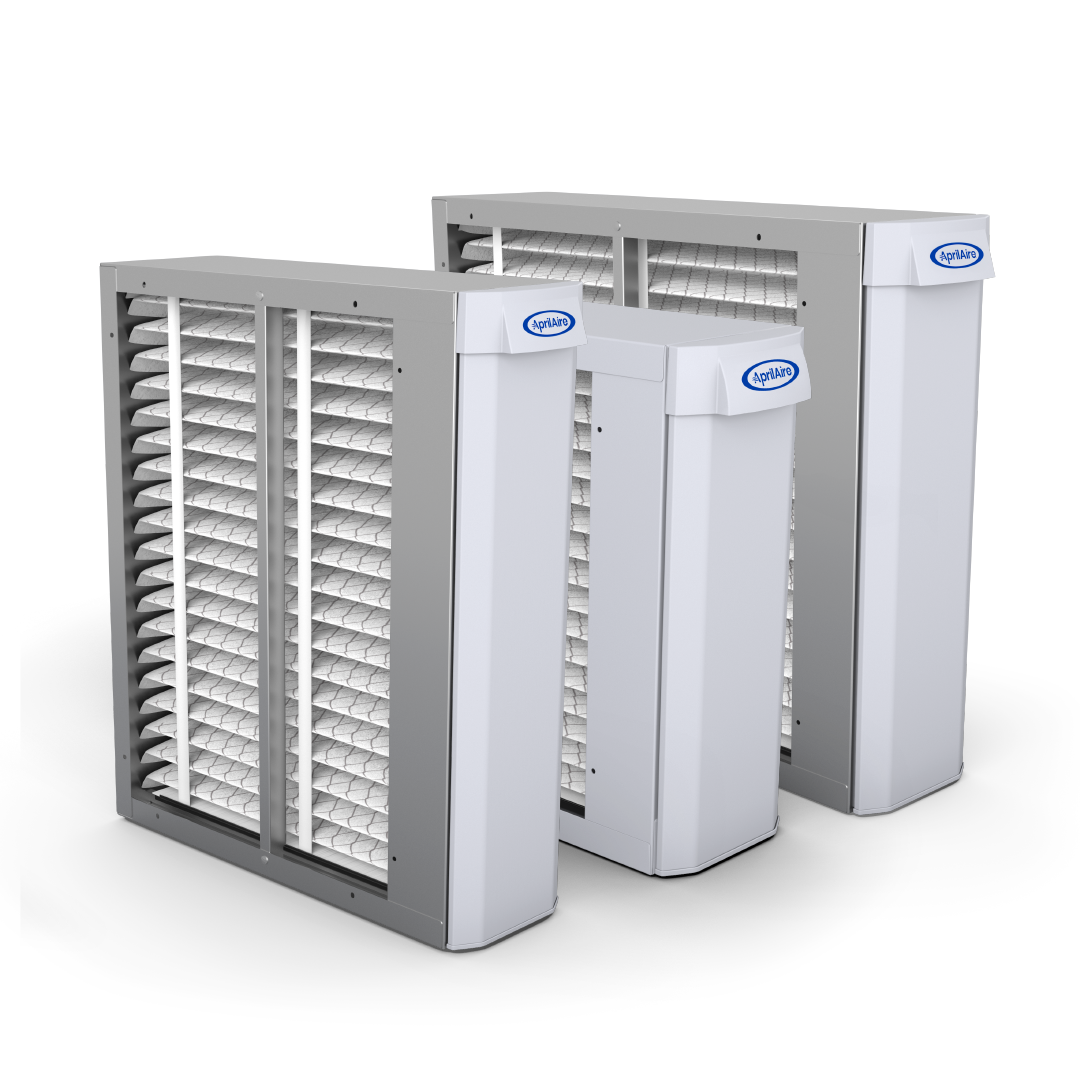Yes, air purifiers can help with cigarette smoke and asthma. They remove harmful particles from the air, making it cleaner and safer to breathe.
Cigarette smoke contains many toxic chemicals that can worsen asthma symptoms. Breathing clean air is important for those with asthma. Air purifiers work by filtering out smoke particles, allergens, and other pollutants. They can improve indoor air quality, which is crucial for asthma sufferers.
Using an air purifier can reduce exposure to harmful smoke and other irritants. This can lead to fewer asthma attacks and better overall health. In this post, we will explore how air purifiers work, their benefits, and which types are best for removing cigarette smoke and helping with asthma.
How Air Purifiers Work
Air purifiers can be very helpful for people with asthma or those exposed to cigarette smoke. But how exactly do they work? Understanding the basics of air purifiers can help you make an informed decision. Let’s dive deeper into their operation, focusing on key aspects like filtration technologies and types of air purifiers.
Filtration Technologies
Air purifiers use different filtration technologies to clean indoor air. Here are some common ones:
- HEPA Filters: These are high-efficiency particulate air filters. They can remove 99.97% of particles as small as 0.3 microns. This includes pollen, dust mites, and smoke.
- Activated Carbon Filters: These filters use activated carbon to trap gases and odors. They are very effective against cigarette smoke.
- UV-C Light: Ultraviolet germicidal irradiation kills bacteria and viruses. This can be helpful for people with asthma.
- Ionizers: These devices release negative ions that attach to particles. The charged particles then fall to the ground, making the air cleaner.
Types Of Air Purifiers
Several types of air purifiers are available, each with its unique features. Here are the main types:
- Portable Air Purifiers: These are small and can be moved from room to room. Ideal for targeted areas like bedrooms or living rooms.
- Whole-House Air Purifiers: These are integrated into your home’s HVAC system. They provide comprehensive air cleaning throughout the entire house.
- Car Air Purifiers: These are designed for use in vehicles. They help reduce exposure to pollutants while driving.
- Desktop Air Purifiers: These compact units are perfect for small spaces like offices. They are great for personal use.
Choosing the right air purifier depends on your specific needs. Understanding filtration technologies and the different types available can make this decision easier. Clean air is essential for good health, especially for those with asthma or sensitivity to cigarette smoke.

Credit: www.walmart.com
Effectiveness Against Cigarette Smoke
Air purifiers can reduce cigarette smoke particles in the air. This helps lessen asthma symptoms and improves indoor air quality. Using an air purifier can make breathing easier for asthma sufferers.
Air purifiers can be a great help for those affected by cigarette smoke. They work to clean the air by removing harmful particles and unpleasant odors. This can make the environment more comfortable for everyone, especially those with asthma.Removing Smoke Particles
Cigarette smoke contains many harmful particles. These can be tiny and hard to remove. Air purifiers use filters to trap these particles. HEPA filters are especially good at this. They can capture particles as small as 0.3 microns. This includes smoke particles. By using an air purifier, the air becomes much cleaner. This can help reduce breathing problems.Eliminating Odors
The smell of cigarette smoke can linger for a long time. It can be very unpleasant. Air purifiers can help with this too. Many purifiers have activated carbon filters. These filters can absorb odors from the air. This includes the smell of cigarette smoke. With an air purifier, your home can smell fresher. This is important for a healthy living environment. “`Impact On Asthma Symptoms
Asthma is a condition where the airways become inflamed, making it hard to breathe. Cigarette smoke is one of the most common triggers for asthma symptoms. Air purifiers can help reduce these triggers and improve overall breathing. This section will explore how air purifiers can impact asthma symptoms.
Reducing Triggers
Cigarette smoke contains harmful particles. These particles can make asthma symptoms worse. An air purifier with a HEPA filter can remove these particles. This makes the air cleaner and reduces asthma triggers. Using an air purifier can make a big difference in homes with smokers.
- Removes harmful particles
- Reduces asthma triggers
- Improves air quality
Improving Breathing
Better air quality can make breathing easier. Clean air can soothe irritated airways. This is especially important for people with asthma. Air purifiers remove dust, smoke, and other pollutants. This means fewer asthma attacks and easier breathing.
Consider an air purifier with the following features:
- HEPA filter
- Activated carbon filter
- Low noise level
These features can greatly improve your indoor air quality. They can also help you breathe easier and live healthier.

Credit: www.walmart.com
Key Features To Look For
When choosing an air purifier to help with cigarette smoke and asthma, it is essential to focus on key features. These features will ensure the purifier effectively removes harmful particles and gases from the air. By doing so, it can significantly improve air quality and ease asthma symptoms.
Hepa Filters
HEPA filters are crucial for trapping small particles. A True HEPA filter can capture 99.97% of particles as small as 0.3 microns. This includes dust, pollen, and smoke particles. Look for air purifiers that specify True HEPA filters, not just HEPA-type filters.
HEPA filters are also beneficial for asthma sufferers. They help reduce allergens in the air, such as pet dander and dust mites. This can lead to fewer asthma attacks and better overall respiratory health.
Activated Carbon
Activated carbon filters are essential for removing odors and gases. Cigarette smoke contains various harmful chemicals, including benzene and formaldehyde. An activated carbon filter can absorb these chemicals, reducing their presence in the air.
When selecting an air purifier, check the amount of activated carbon in the filter. A higher amount means better absorption of smoke and chemical fumes. This feature is particularly important for those who are sensitive to strong smells or have asthma triggered by odors.
| Key Feature | Importance |
|---|---|
| True HEPA Filter | Traps 99.97% of small particles |
| Activated Carbon Filter | Absorbs harmful chemicals and odors |
By focusing on these key features, you can choose an air purifier that effectively tackles cigarette smoke and helps manage asthma symptoms. A good air purifier can make a significant difference in your indoor air quality and overall health.
Placement And Maintenance
Air purifiers can help with cigarette smoke and asthma. Proper placement and maintenance are crucial. They ensure the device works efficiently. This section will guide you on the best locations and cleaning practices.
Optimal Locations
Placing an air purifier in the right spot is important. Here are some tips:
- Near Smoke Sources: Place the purifier close to where cigarette smoke is common. This helps in immediate smoke removal.
- In Bedrooms: Asthma patients should have an air purifier in their bedroom. This ensures clean air while they sleep.
- Central Location: For larger rooms, a central location is ideal. It ensures even air distribution.
- Away from Obstacles: Ensure there are no obstructions around the purifier. This allows for unrestricted airflow.
Regular Cleaning
Maintaining your air purifier is essential. Regular cleaning keeps it working efficiently. Follow these steps:
- Check Filters: Inspect filters monthly. Replace them if dirty or worn out.
- Wipe Exterior: Use a damp cloth to clean the exterior. This removes dust and dirt.
- Clean Pre-Filters: If your purifier has a pre-filter, clean it every two weeks. This prolongs the life of the main filter.
- Follow Manufacturer Instructions: Always adhere to the cleaning guidelines provided by the manufacturer.
Proper placement and regular maintenance ensure your air purifier performs optimally. This helps in reducing cigarette smoke and alleviating asthma symptoms.

Credit: www.airpura.com
Comparing Popular Models
Choosing the right air purifier can be daunting. Especially with so many models available. To help you, we’ve compared some popular options. This way, you can make an informed decision. Here, we’ll look at budget and high-end choices.
Budget Options
Finding an effective air purifier on a budget is possible. Let’s explore a few.
The LEVOIT Core 300 is a top pick. It’s affordable and efficient. This model removes 99.97% of particles. It works well for smoke and asthma.
The PARTU HEPA Air Purifier is another good choice. It’s compact and easy to use. It also includes a fragrance sponge. This feature helps neutralize smoke odors.
The GermGuardian AC4825 is reliable. It has a UV-C light to kill germs. This model is also Energy Star certified. It’s great for saving energy.
High-end Choices
If you want a high-end option, consider these models.
The Dyson Pure Cool TP04 is impressive. It combines an air purifier with a fan. It has a HEPA filter and a carbon filter. This model captures 99.95% of allergens and pollutants.
The Blueair Classic 605 is another excellent choice. It’s designed for large rooms. It uses HEPASilent technology. This means it’s quiet and efficient. It removes smoke and allergens effectively.
The IQAir HealthPro Plus is a top-tier air purifier. It’s ideal for people with asthma. This model removes ultrafine particles. It’s also highly durable. It’s built to last for many years.
Additional Tips For Clean Air
Ensuring clean air in your home is crucial for health. Especially for those affected by cigarette smoke and asthma. Air purifiers can help, but other steps can also improve air quality.
Ventilation Strategies
Proper ventilation is key to reducing indoor pollutants. Open windows and doors to allow fresh air to circulate. Use exhaust fans in kitchens and bathrooms to remove smoke and moisture. Regularly check and clean air ducts to maintain good airflow.
Lifestyle Changes
Implementing lifestyle changes can greatly improve indoor air quality. Avoid smoking indoors to prevent smoke particles from settling. Use fragrance-free products to reduce chemical exposure. Incorporate houseplants to naturally filter the air. Regular cleaning and dusting can also minimize allergens and contaminants.
Frequently Asked Questions
Do Air Purifiers Remove Cigarette Smoke?
Yes, air purifiers can help remove cigarette smoke. They use HEPA filters to capture smoke particles. Activated carbon filters also reduce odors.
Can Air Purifiers Help With Asthma?
Yes, air purifiers can help with asthma. They remove allergens like dust and pet dander. This can reduce asthma triggers.
What Type Of Filter Is Best For Smoke?
HEPA and activated carbon filters are best for smoke. HEPA filters capture smoke particles. Activated carbon filters absorb smoke odors.
Are Air Purifiers Effective For Secondhand Smoke?
Yes, air purifiers are effective for secondhand smoke. They reduce harmful particles and odors. This improves indoor air quality.
Conclusion
Air purifiers can improve air quality. They reduce cigarette smoke and asthma triggers. Consistent use shows significant benefits. They can’t eliminate all pollutants but help greatly. Choosing the right purifier is essential. Check filters and specifications before buying. Cleaner air means easier breathing and healthier living.
Invest in a good air purifier. Your lungs will thank you.
Rakib Sarwar is a Registered Pharmacist and a reputed health and wellness blogger. He has a great interest in Air purifiers.
